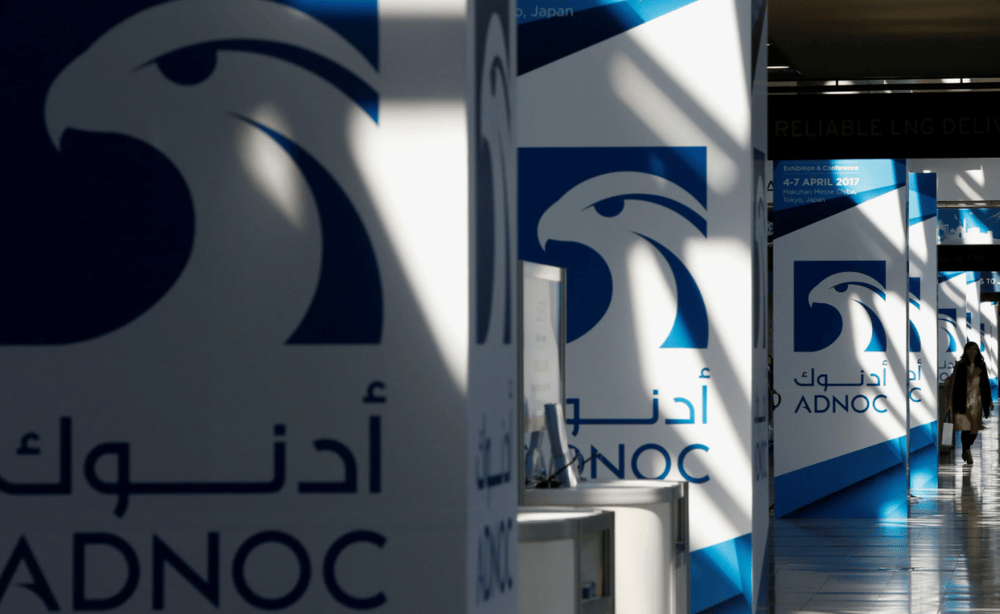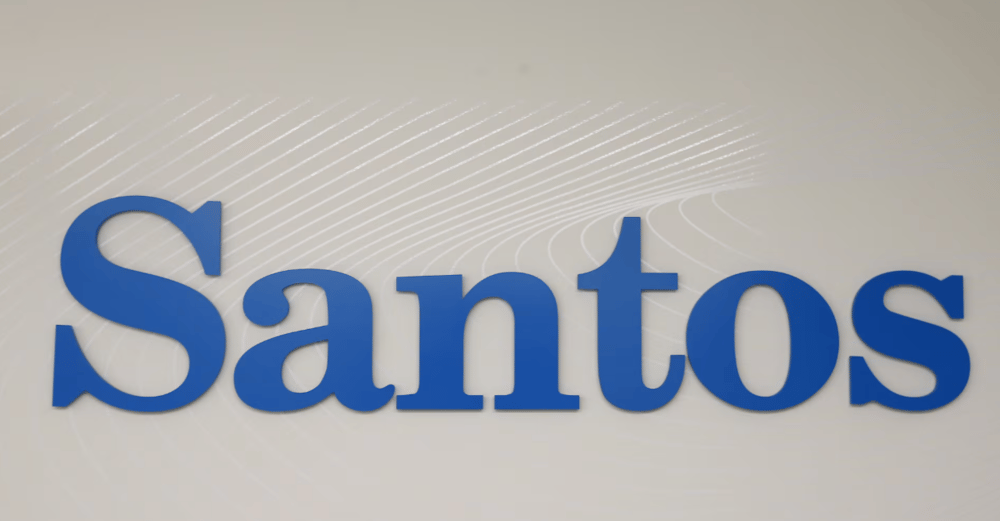Abu Dhabi’s XRG-Led Consortium Bids $28.8 Billion for Santos
The government of South Australia has warned it may intervene in the proposed $28.8 billion takeover of the state’s largest energy firm, Santos Ltd $STOSF, if the deal is deemed not in the public interest. The warning follows an unsolicited acquisition offer from an Abu Dhabi-led investment consortium, raising complex questions around foreign ownership of critical energy assets.
Santos confirmed on Monday via an Australian Securities Exchange (ASX) filing that it had received a non-binding, conditional bid from a consortium spearheaded by XRG, the global investment arm of Abu Dhabi’s National Oil Company (ADNOC). The group also includes Carlyle Group $CG, a major U.S.-based private equity firm.
The proposed A$8.89 per share offer represents a 28% premium over the company’s last closing price of A$6.96, reflecting the high strategic value international investors assign to Santos' upstream and LNG operations.
Sovereign Wealth Meets Energy Nationalism
The bid for Santos occurs at the nexus of several critical global themes: rising energy nationalism, foreign direct investment (FDI) scrutiny, and strategic competition for LNG and upstream oil assets.
South Australia's Premier has openly voiced concern, highlighting the necessity to ensure any change in ownership benefits the local economy and energy sovereignty. While Australia has historically welcomed FDI, recent tensions with foreign acquisitions in energy and infrastructure—particularly by state-linked entities—have sharpened regulatory sensitivities.
The inclusion of ADNOC’s investment arm signals Middle Eastern producers' expanding footprint in Asia-Pacific markets, as they seek to diversify holdings beyond the Persian Gulf. Simultaneously, the participation of Carlyle Group suggests a drive to restructure or optimize Santos’ asset portfolio, potentially including partial divestments or regional spin-offs.

Key Facts
💰 Offer Value: AUD 8.89 per share (28% premium)
🧾 Total Valuation: AUD 43.4 billion (~USD 28.8 billion)
🌍 Consortium Members: XRG (Abu Dhabi) and Carlyle Group (USA)
🛢️ Target Company: Santos Ltd, major Australian oil & gas producer
🏛️ Political Oversight: South Australia signals regulatory scrutiny
Market Response and Stakeholder Commentary
Following the bid announcement, Santos shares surged in early ASX trading, approaching the offer price, as market participants anticipated a possible bidding war or counter-offers from domestic or regional rivals. Analysts suggest Woodside Energy $WDS or Chevron $CVX could reassess strategic interests in the region.
However, political reaction was more measured. The South Australian government’s warning indicates that regulatory approval under Australia’s Foreign Investment Review Board (FIRB) will be neither swift nor guaranteed. The federal government may also invoke the "national interest test" under the Foreign Acquisitions and Takeovers Act.
Industry experts also note that Santos holds critical assets in carbon capture and storage (CCS) and low-emissions LNG, aligning with long-term energy transition objectives—a further reason behind the strategic attractiveness of the company.

Key Points
Foreign Ownership Sensitivities: Public backlash against strategic asset transfers to sovereign investors.
Valuation Uplift: 28% premium signals strong confidence in Australian LNG and upstream gas.
Regulatory Hurdles: FIRB review and state-level political intervention expected.
Energy Transition Synergy: Santos’ CCS capabilities increase appeal to ESG-conscious capital.
Market Watchpoints: Potential rival bids, especially from regional or domestic players.
Santos Takeover Bid Marks New Era in Asia-Pacific Energy M&A
The unsolicited acquisition proposal for Santos Ltd by a consortium led by XRG and Carlyle marks one of the most consequential cross-border energy transactions in the Asia-Pacific region this year. Beyond its financial magnitude, the offer reignites debate over sovereignty, national security, and strategic resources.
While the deal aligns with global trends of state-backed capital targeting energy diversification, its success will depend on satisfying complex regulatory and political conditions. The outcome may redefine future M&A activity in Australia's energy sector, particularly involving foreign sovereign investors.















Comments
Forward-looking investment approaches are fueling remarkable growth in capital allocation toward automation technologies